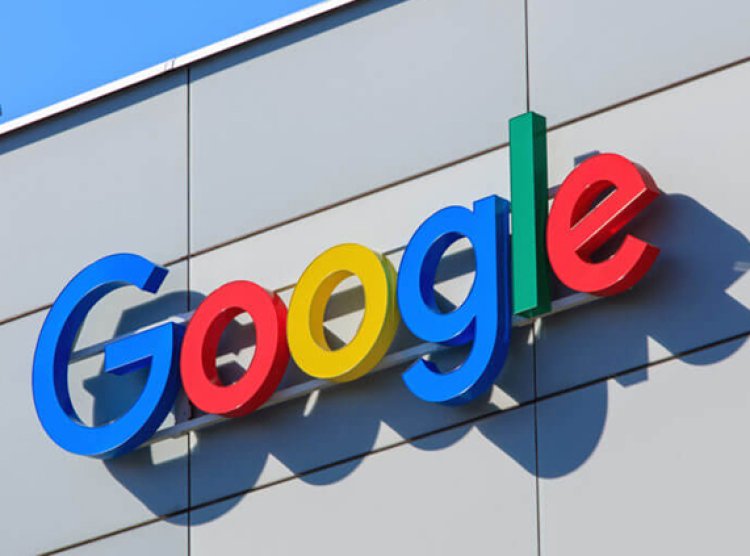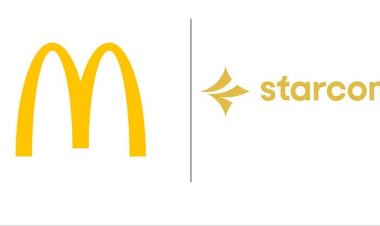Google ad uproar: Just a minor issue or something significant?
Google's response to allegations involves allowing advertisers to exclude their ads from specific SPN sites by liaising with their account representative, bypassing direct e4m involvement

In a recent Twitter post, Dan Taylor from Google Ads accused Adalytics of consistently publishing inaccurate reports, distorting Google's products, and making exaggerated claims.
Adalytics' latest report caused a stir, alleging Google's Search Partners Network (SPN) facilitated the display of explicit content and piracy links, even in restricted geographical areas. The report highlighted numerous risky sites featuring ads from major advertisers, raising concerns about Google's influence and digital platforms.
Responding to inquiries by exchange4media, Google clarified that SPN sites display search ads based on relevance to users' search queries. Advertisers have control over ad visibility on specific SPN sites through account managers.
Taylor later expanded, attributing the cited examples to Programmable Search Engine (ProSE), a fraction of the Search Partner Network. He emphasized that ads on ProSE aren't site-targeted, and these sites don't earn revenue from the ads. He dismissed Adalytics' revenue implications for small sites as absurd.
Kumar Awanish from Cheil India expressed skepticism about the report's impact on Google ad spends, acknowledging Google's efforts to curb dubious publishers and their content. Awanish highlighted advertisers' ability to control ad placements despite limitations in AI-driven ads.
Despite ongoing debates, the focus remains on Google's dominance. With over 90% market share, Google shapes the digital realm profoundly. The issue raised questions about ad placement, acknowledging Google's colossal volume and the challenge of vetting each site manually.
The complexity of the situation lies in the sheer scale of operations. Manual checks could slow processes, potentially identifying questionable sites but at a rarity akin to the 1-in-a-million occurrence in Six Sigma ideals.
This debate underscores the intricate balance between Google's immense reach, advertisers' concerns, and the challenges in ensuring ad placement on appropriate platforms within the vast digital landscape.

 Sumit Rawat
Sumit Rawat 










